– Chile will hold new elections this fall. In the second round of the previous election, Jose Antonio Kast was unsuccessful. However, both the world and your country have changed significantly since then. How will this election differ from the last one? What is at stake?
– Chile has reached a turning point. The last elections were marked by a wave of progressive populism that promised change but instead brought only uncertainty, economic stagnation, and a government crisis. Four years later, Chileans are experiencing the consequences of left-wing policies: crime has skyrocketed, illegal immigration is unchecked, and families are struggling with an economy that punishes work and entrepreneurship. What is at stake? The future of our country. This election is not just about choosing a government; it is about whether Chile will reclaim the path of order, progress, and security or continue down the road of failed policies that weaken our institutions. We will offer a clear alternative: a government that prioritizes law and order, puts Chileans first, and restores economic freedom and family values as the foundation of our society. Chile needs strong leadership, and we are ready to provide it. People have witnessed the failure of the left, and now they have a chance to reclaim control over their country. This is what's at stake in this election.
– Conservative, family-centered forces are gaining strength worldwide. How would Jose Antonio Kast incorporate this approach into everyday life in Chile?
– The revival of conservative, family-centered values worldwide is a response to the failures of progressive policies, which have weakened the foundations of our societies. In Chile, this issue is more urgent than ever as we face a demographic crisis threatening our future. A deeply troubling statistic has just been released: the total fertility rate has dropped to just 1.16, meaning fewer Chileans are being born each day, and our population is aging at an alarming rate. We have become an individualistic society driven by competition, drifting further from the family as the pillar of society. A country without children and families is a country doomed to disappear. It is time to put the family back at the center of our national agenda and goals. Hungary serves as a global example in family policy, particularly in reducing the tax burdens on mothers with children. Their approach proves that when a state prioritizes and protects families, the social safety net strengthens, and the nation’s future is secured. Through our collaboration with the Center for Fundamental Rights, our goal is to support and implement a strong pro-family agenda in Chile, making motherhood easier and ensuring that mothers do not face financial disadvantages for choosing to start a family. It is time to move away from policies that make family life difficult and adopt a system that values and protects those who form the foundation of our society.
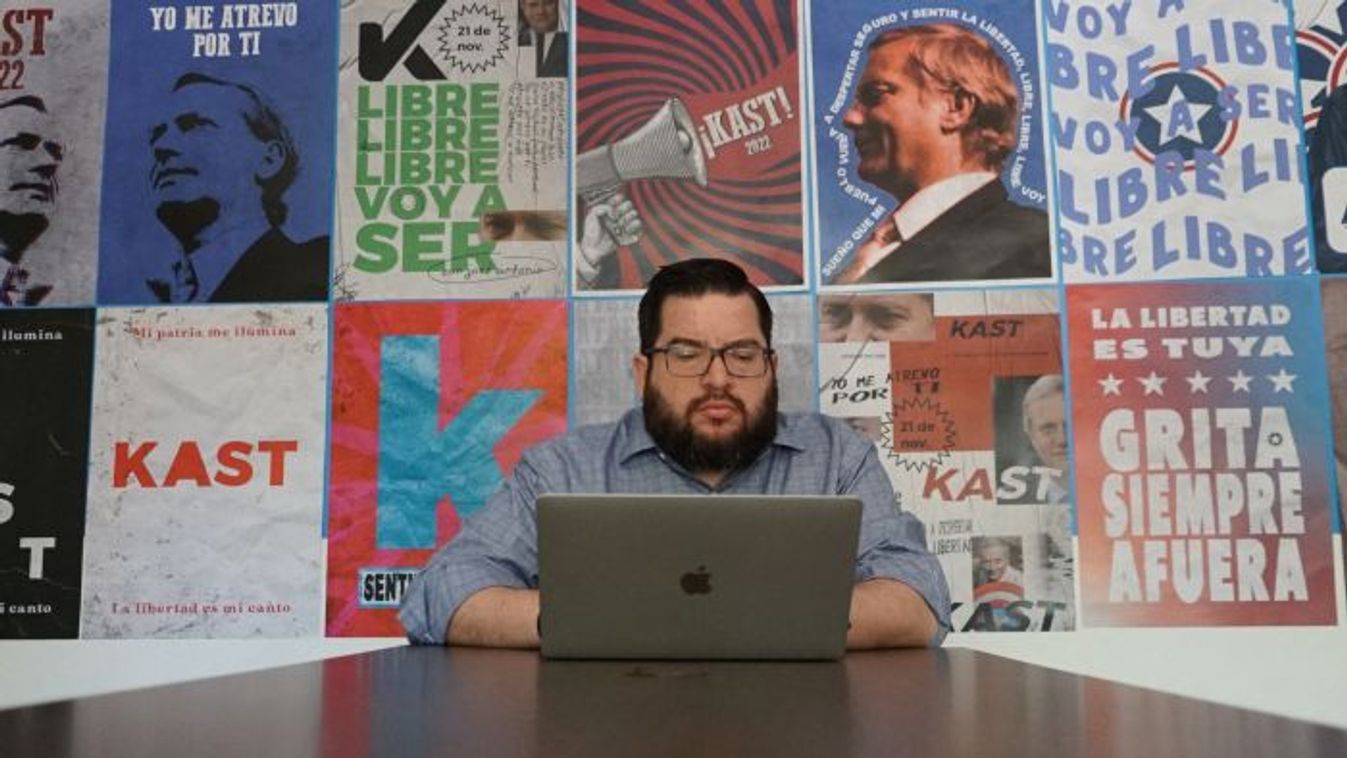

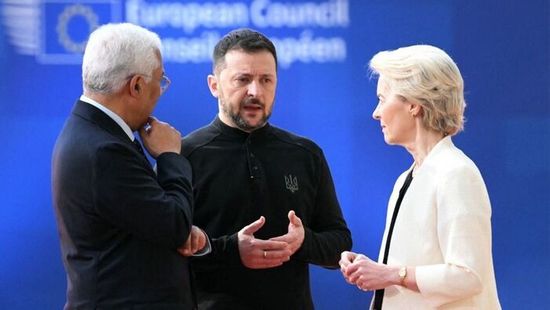

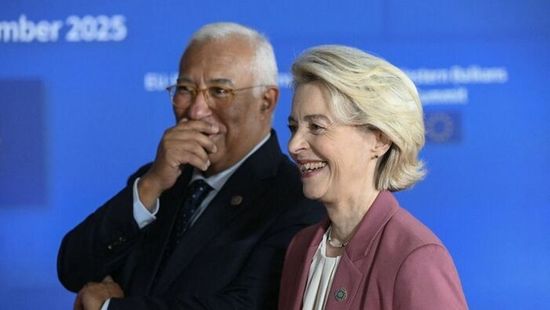




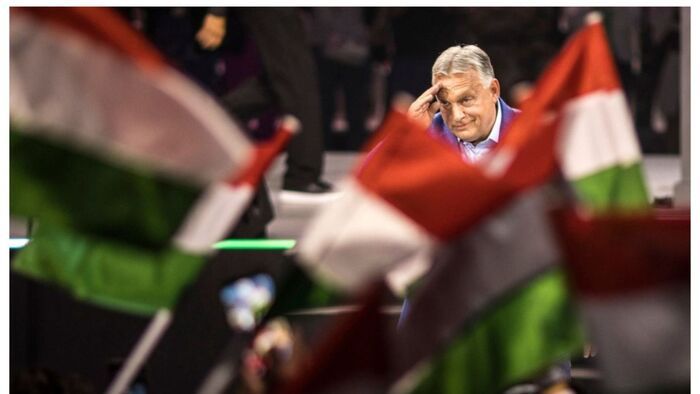

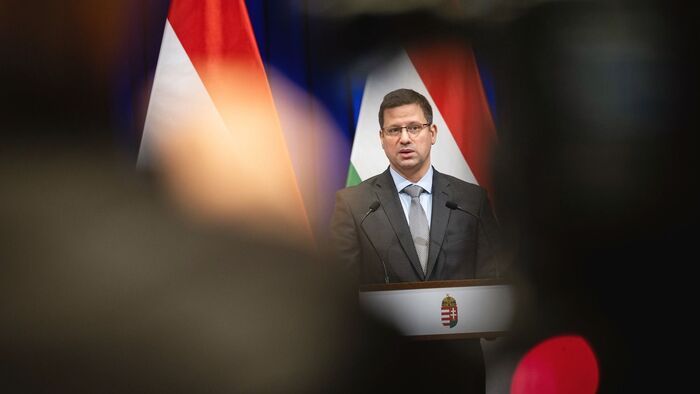



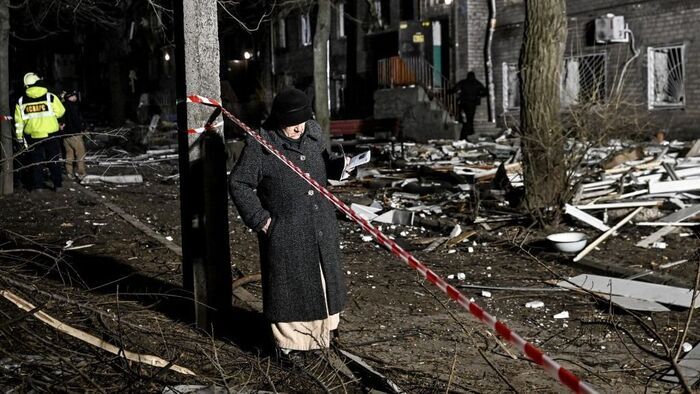

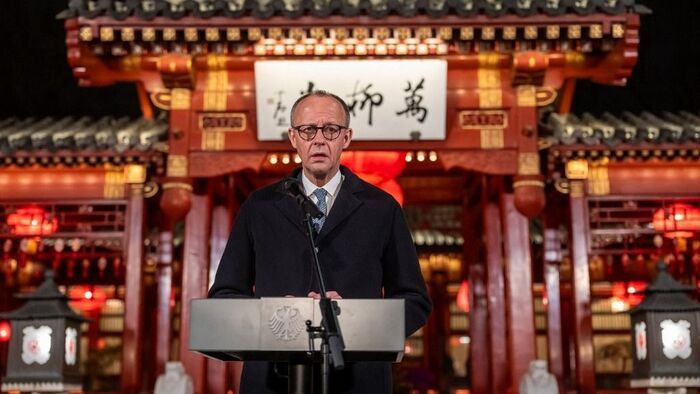




Szóljon hozzá!
Jelenleg csak a hozzászólások egy kis részét látja. Hozzászóláshoz és a további kommentek megtekintéséhez lépjen be, vagy regisztráljon!